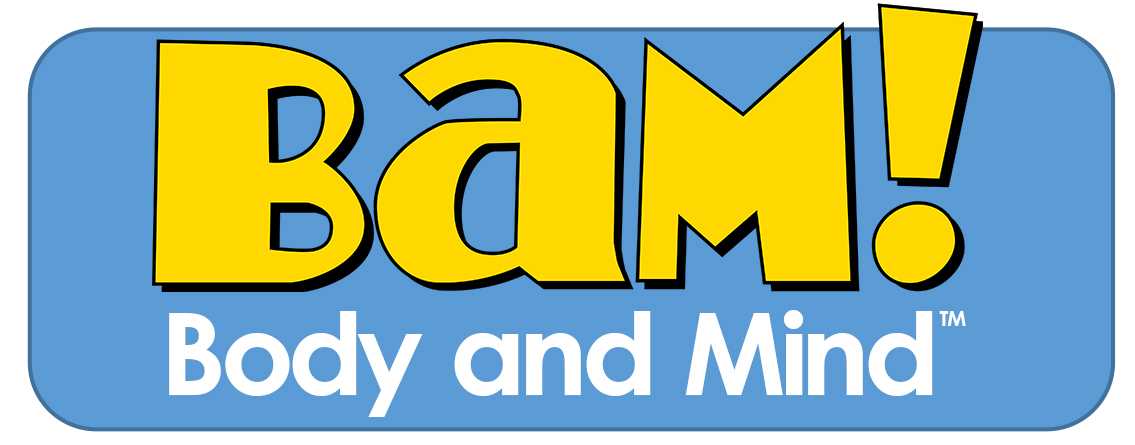Health and Academics
Healthy Students Are Better Learners

Research shows a strong connection between healthy behaviors and academic achievement (e.g., grades, standardized tests, graduation rates, attendance).1-6 Healthy students are better learners, and academic achievement bears a lifetime of benefits for health. However, youth risk behaviors, such as physical inactivity, unhealthy dietary behaviors, tobacco use, alcohol use, and other drug use are consistently linked to poor grades and test scores and lower educational attainment.7
Schools are an ideal setting to teach and provide students with opportunities to practice healthy behaviors. School programs can use the Whole School, Whole Community, Whole Child (WSCC) model to promote positive health behaviors and lessen negative health behaviors.
School programs that account for the individual, family, school, and community can positively influence both student health behaviors and learning.8 Evidence-based, effectively coordinated, and strategically planned school health programs and services are also necessary for closing the academic achievement gap.9
Research on Health and Academics
Original research study focusing on the connection between self-reported grades in school and 30 health-related behaviors published in CDC’s Morbidity and Mortality Weekly Report (MMWR).
The Association Between School-Based Physical Activity, Including Physical Education, and Academic Performance (Full report) [PDF – 2.53 MB] Executive Summary [PDF – 309 KB]
Systematic review of established CDC research that focuses on the association between physical activity and academic performance.
Fact Sheets
Dietary Behaviors and Academic Grades [PDF – 480 KB]
Physical Activity and Sedentary Behaviors and Academic Grades [PDF – 474 KB]
Tobacco Use Behaviors and Academic Grades [PDF – 534 KB]
Alcohol Use Behaviors and Academic Grades [PDF – 777 KB]
Other Behaviors and Conditions and Academic Grades [PDF – 382 KB]
Key Resources
References
- Michael SL, Merlo CL, Basch CE, Wentzel KR, Wechsler H. Critical connections: Health and academics. J Sch Health. 2015;85(11):740–758. doi:10.1111/josh.12309.
- Bradley BJ, Greene AC. Do health and education agencies in the United States share responsibility for academic achievement and health? A review of 25 years of evidence about the relationship of adolescents’ academic achievement and health behaviors. J Adolesc Heal. 2017;52(5):523–532. doi:10.1016/j.jadohealth.2013.01.008.
- Busch V, Loyen A, Lodder M, Schrijvers AJP, van Yperen TA, de Leeuw JRJ. The effects of adolescent health-related behavior on academic performance: A systematic review of the longitudinal evidence. Rev Educ Res. 2014;84(2):245–274. doi:10.3102/0034654313518441.
- Rasberry, CN, Lee SM, Robin L, Laris BA, Russell LA, Coyle KK, Nihiser JA. The association between school-based physical activity, including physical education, and academic performance: A systematic review of the literature. Prev Med (Baltim). 2011;52(SUPPL.):S10–S20. doi:10.1016/j.ypmed.2011.01.027.
- Basch CE. Healthier students are better learners: A missing link in school reforms to close the achievement gap. J Sch Health. 2011;81(10):593–598. doi:10.1111/j.1746-1561.2011.00632.x.
- Rasberry CN, Tiu GF, Kann L, McManus T, et al. Centers for Disease Control and Prevention. Health-related behaviors and academic achievement among high school students, United States, 2015. Morbidity and Mortality Weekly Report (MMWR) Full Report. 2017.
- Carlson SA, Fulton JE, Lee SM, Maynard M, Drown DR, Kohl III HW, Dietz WH. Physical education and academic achievement in elementary school: data from the Early Childhood Longitudinal Study. American Journal of Public Health 2008;98(4):721–727.
- Hawkins JD, Kosterman R, Catalano RF, Hill KG, Abbott RD. Effects of social development intervention in childhood fifteen years later. Arch Pediatr Adolesc Med. 2008;162(12):1133–1141. doi:10.1001/archpedi.162.12.1133.
- Basch CE. Healthier students are better learners: High-quality, strategically planned, and effectively coordinated school health programs must be a fundamental mission of schools to help close the achievement gap. J Sch Health. 2011;81(10):650–662. doi:10.1111/j.1746-1561.2011.00640.x.
- Page last reviewed: August 22, 2017
- Page last updated: August 22, 2017
- Content source:



 ShareCompartir
ShareCompartir